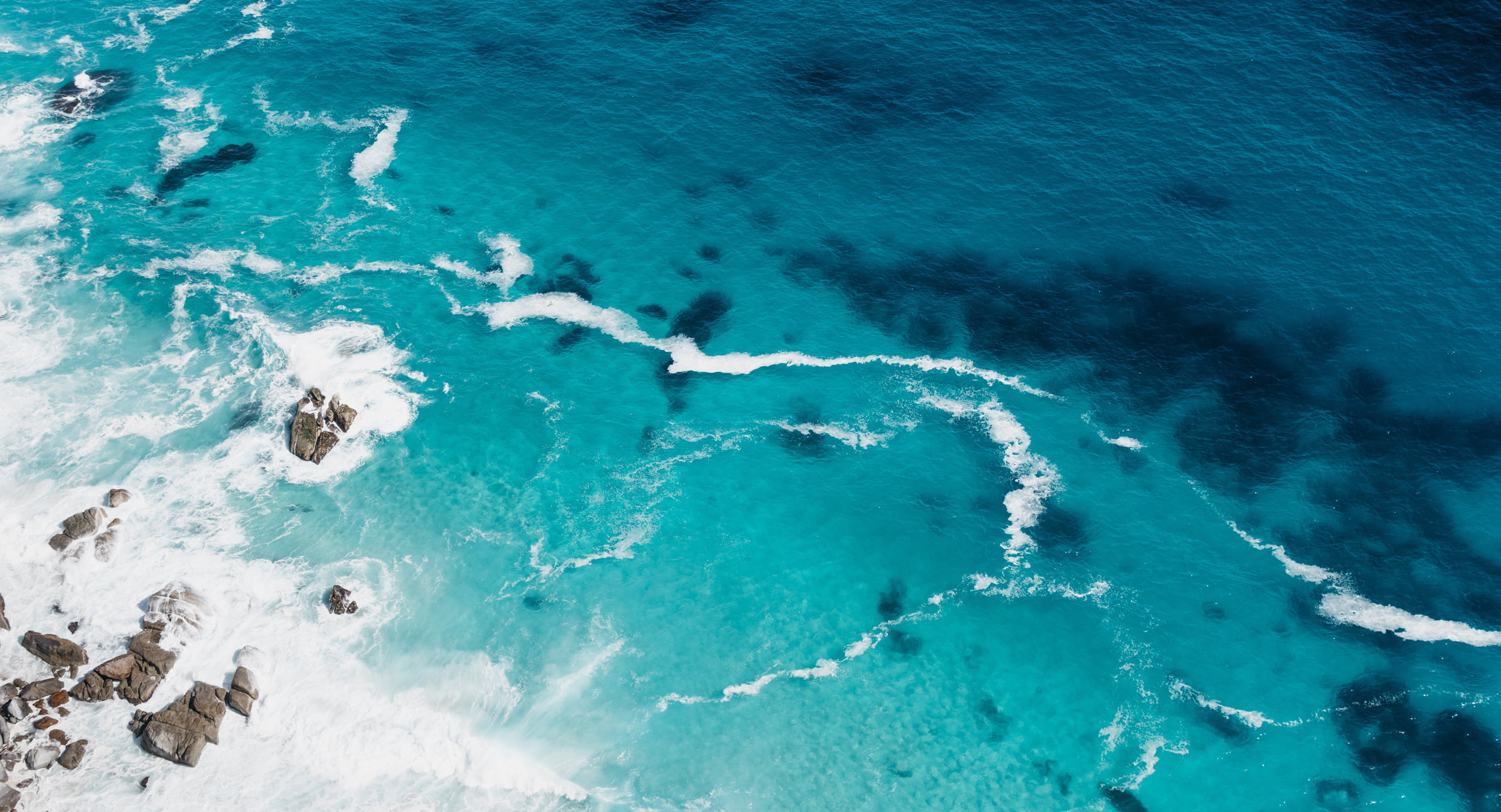

GEO Blue Planet

Concept
GEO Blue Planet is an international initiative under the Group on Earth Observations (GEO), gathering over a hundred members from all stakeholders’ communities, including academia, national, regional, and international decision-making bodies, UN specialized agencies, and the non-profit and private sectors. GEO Blue Planet aims to advance sustainable ocean and coastal management through the development and use of ocean and coastal observations for the benefit of society.
Its scope encompasses global efforts to address key marine challenges, including pollution, climate adaptation, biodiversity conservation, and sustainable fisheries. By supporting the integration of satellite, in situ, and model-based data, GEO Blue Planet helps make comprehensive ocean information accessible to policymakers, researchers, and communities. GEO Blue Planet works with stakeholders to understand their information needs and connects them with technical experts who provide data and products. GEO Blue Planet encourages the co-design of tools that meet their requirements and works with them to strengthen their capacity to make informed decisions. This process requires a close collaboration between scientists who gather ocean and coastal data, those who extract information from observations and anticipate future conditions, and those who use the knowledge and forecasts in the management of our living world.
The need for GEO Blue Planet arises from escalating threats to ocean health, such as marine litter, habitat degradation, and climate impacts like sea-level rise. Coastal areas, especially in developing regions and island nations, face heightened vulnerabilities that require timely, actionable data to inform adaptation and resilience-building strategies. GEO Blue Planet’s regional offices and global collaborations support global-to-local actors in making science-based decisions for sustainable development.
The timeliness of GEO Blue Planet’s work is underscored by global climate and biodiversity crises, which demand urgent, data-driven interventions. The initiative aligns with international frameworks, including the United Nations Sustainable Development Goal 14 (Life below Water) and the global negotiations for a legally binding instrument on plastic pollution, supporting the need for coordinated, global efforts to protect marine environments. Digital tools, such as the Sargassum Information Hub for real-time Sargassum bloom monitoring and the development of the Integrated Marine Debris Observing System, illustrate how GEO Blue Planet addresses these urgent needs with practical, scalable solutions.
Anticipated results include improved global access to ocean data-based information, strengthened general knowledge on marine monitoring and prediction, and the integration of observation and prediction data into policies that enhance resilience and sustainability. By providing essential, tailored information and fostering partnerships, GEO Blue Planet contributes to a resilient and sustainable future for global oceans, bridging the gap between science and policy to drive impactful change.
Objectives
GEO Blue Planet’s main objective is to bridge the gap between ocean and coastal data and decision-making by transforming Ocean and Coastal Observation and Prediction data into accessible, policy-relevant information that aids in making informed decisions and policies in the pursuit of sustainable development. GEO Blue Planet works with stakeholders to understand their information needs, connects them with available data and products, supports the development of tools, and works with them to strengthen their capacity to make informed decisions.
GEO Blue Planet’s objectives are organized across three core action areas: Stakeholder Engagement, Cooperation and Co-design, and Capacity Development:
- Stakeholder Engagement focuses on understanding end-user needs through outreach materials, regional workshops, consultations, and the development of white papers that translate Earth observation science into policy-relevant insights.
- Cooperation and Co-design connect experts, scientists, and users to co-develop tools and indicators for sustainable ocean and coastal management. These include support for global frameworks like the SDGs and the Paris Agreement. Information hubs are also co-created to make complex data accessible for non-experts.
- Capacity Development aims to build long-term capabilities in using Earth observation data. This includes offering targeted training for institutions, facilitating information exchange through best practices and ambassador programs, and ensuring the sustainability of useful tools by transferring them to operational agencies. GEO Blue Planet ensures that applications developed are maintained beyond temporary project lifecycles by securing long-term institutional support.
Points of Contact
